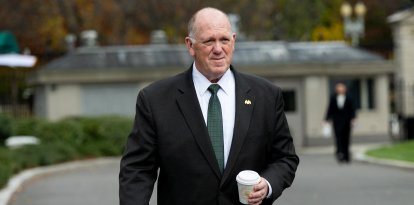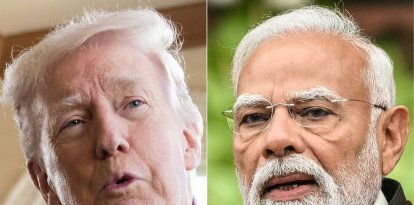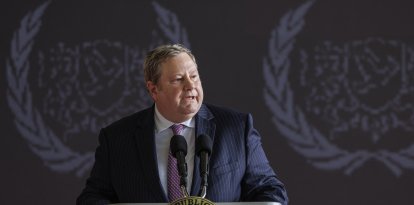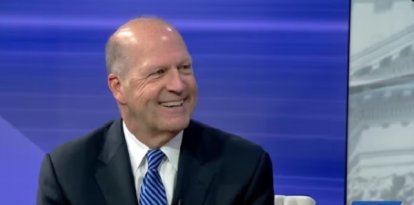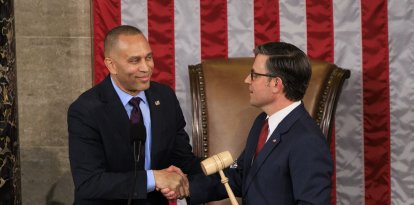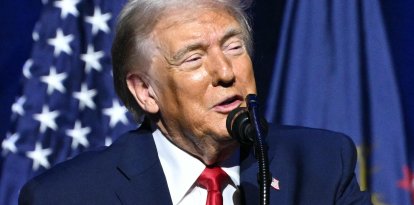China lashes out at new US-Vietnam trade deal because it 'affects its interests'
Beijing expressed its rejection of the pact and warned that it would retaliate if its economic interests are affected.

Chinese President Xi Jinping
The Chinese regime reacted with hostility to the new trade agreement signed by the United States and Vietnam, which President Donald Trump announced. Beijing warned that it will take action if the pact harms its economic interests.
The agreement establishes a 20% tariff rate on U.S. imports from Vietnam, while granting tariff-free access to U.S. products entering the Vietnamese market. In addition, it introduces a key measure to curb unfair trade practices: a 40% tariff on products that originally come from higher-tax countries, such as China, and are shipped through Vietnam to avoid paying those stricter tariffs.
China accuses the U.S. of hurting its economy
A spokesman for China's Ministry of Commerce expressed its rejection of the deal, without directly mentioning Vietnam or the United States, but making its position clear: "China firmly opposes any deal made at the expense of China’s interests in exchange for so-called tariff exemptions," he said, stressing that it will take "resolute countermeasures" if situations arise that affect its legitimate rights and interests.
The spokesman also warned that such actions "seriously undermine the multilateral trading system" and described Trump's tariff policy as "a typical act of unilateral bullying."
Second comprehensive agreement since tariff offensive
Vietnam is the second country to sign a comprehensive agreement with the United States since Trump launched his tariff policy known as "Liberalization Day" in April. The first was the United Kingdom. These pacts have focused on strengthening bilateral trade, protecting domestic production and preventing evasion practices such as redirecting exports through third countries.
President Trump announced the new agreement with Vietnam via his Truth Social platform, just days before the expiration of his suspension of country-specific tariffs, imposed as part of his trade strategy to reduce dependence on hostile economies and strengthen U.S. industry.














